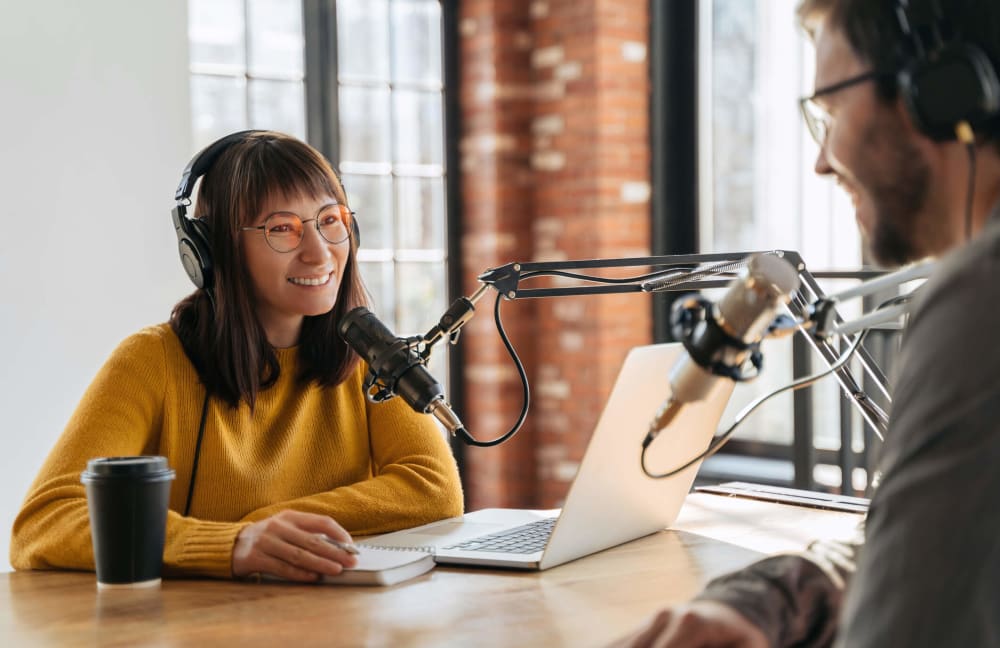The revolution in technology and communication brought about by the Internet provided a second wind for traditional radio based content. This started to evolve during the 2000s in digital format, but it was not until recently that podcasting has really taken off with the explosion of popularity that they have now. Last year alone it was estimated there were more than two million active podcasts and still rising. Three years before, there had only been about a quarter of that.
This CPD article will unpack everything you need to know about what a podcast is, as well as take you through whether podcasts are good for learning, the benefits and disadvantages, and what you need to start a podcast.
What is a podcast?
Simply put, a podcast is a digital audio file made available on the Internet for downloading to a computer or mobile device, typically available as a series, new instalments of which can be received by subscribers automatically. Podcasters often publish episodes on a regular schedule. There is no prescribed format, length or style for a podcast.
Podcasts may cover a range of subject areas, but an episode often focuses on one particular topic or story. While podcasts started out as a completely audio medium, with the growing popularity of podcasts, many podcasters have embraced video podcasting as a way to stand out and reach an even bigger audience.
Are podcasts good for learning?
Starting a podcast is one of the best and most effective ways to present information to your audience. For decades, podcasts have been used for leisure and entertainment. However, in recent years due to the increased popularity and advantages of this method of teaching, many institutions have begun incorporating podcasting into learning, so far with largely positive results. This can mostly be attributed to the ease of creating and consuming this format, as well as the various ways in which podcasts can be used to enhance the students’ learning experience.
Podcasting can be very effective when the right mix of structure, quality, and engagement is used. Podcasts and other forms of audio learning can offer educators an easy alternative way to provide course content, whether in the form of lectures central to the course or in supplemental materials like interviews with experts and discussions on issues that are central to a course.














